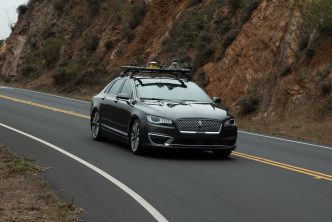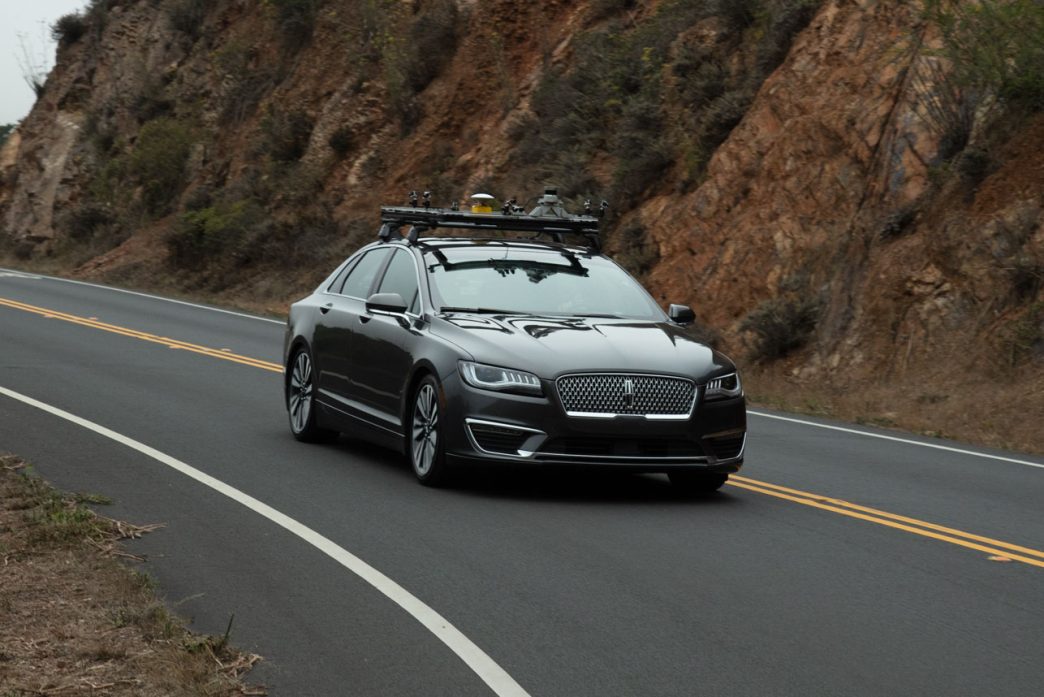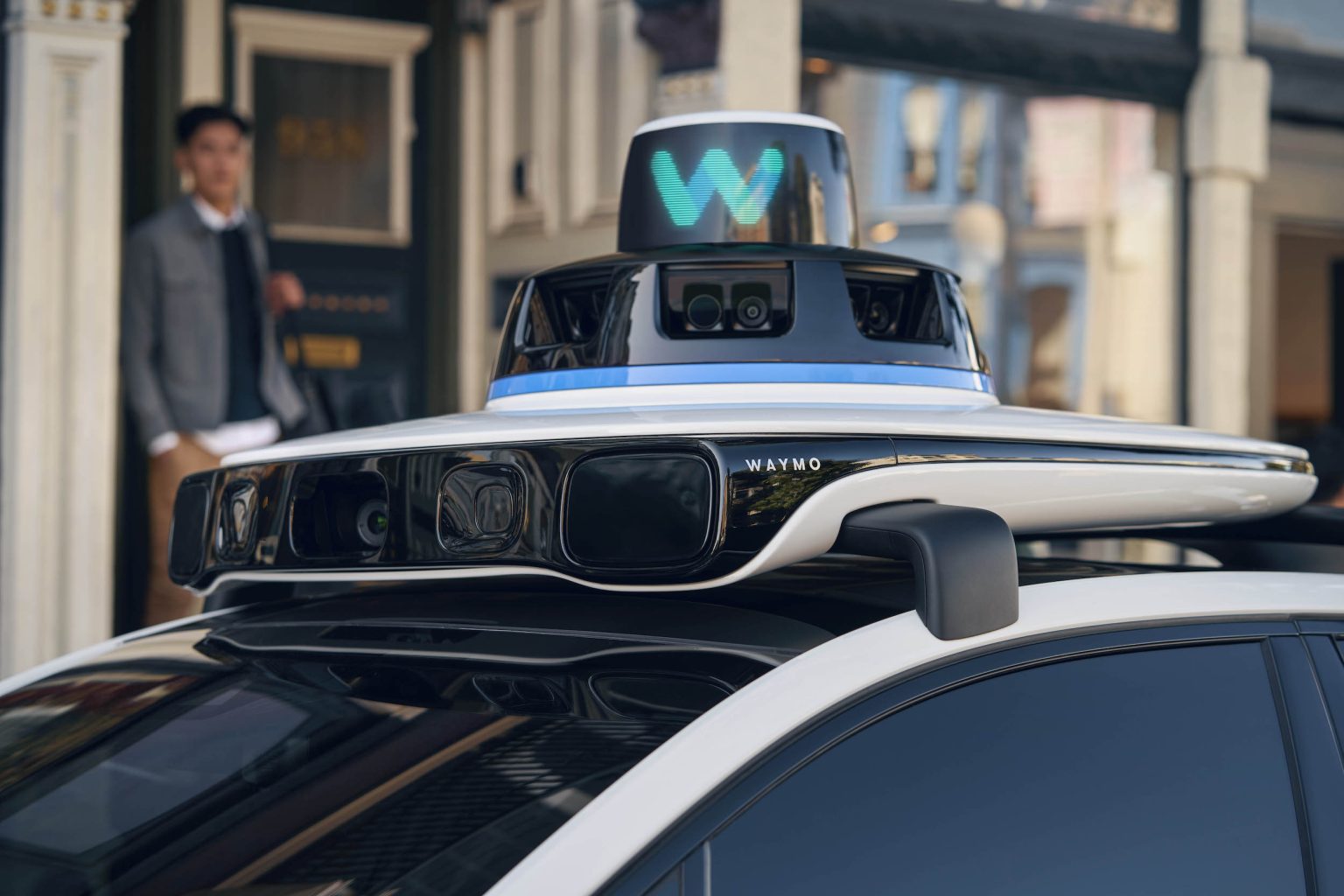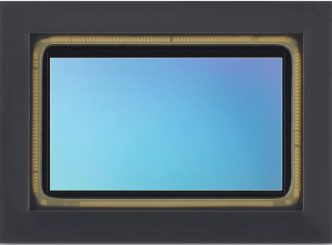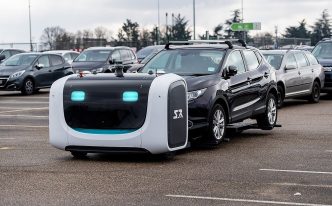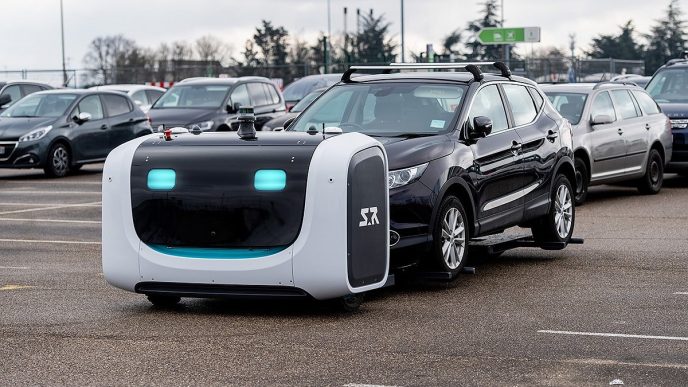California-based start-up Helm.ai has launched an upgraded version of its generative AI model, VidGen-2, designed specifically for autonomous driving applications. Following the earlier release of VidGen-1, this updated model produces highly realistic driving video sequences, enhancing the capabilities for automakers developing and validating autonomous vehicles.
VidGen-2 boasts double the resolution of its predecessor, now at 696 x 696 pixels, and offers improved realism at up to 30 frames per second, along with multi-camera support. The model can generate videos either without an input prompt or from a single image or input video, resulting in smoother and more detailed simulations.
According to Helm.ai, this upgrade presents a cost-effective and scalable solution for automakers. VidGen-2 has been trained on thousands of hours of diverse driving footage using Nvidia H100 Tensor Core graphic processing units, leveraging the company’s deep neural network architectures and its proprietary “deep teaching” technique. This large-scale unsupervised learning method has been in development since 2016 and enables the generation of videos that depict multiple geographies, camera types, and vehicle perspectives.
The generated videos are designed to exhibit highly realistic appearances, time-consistent motion, and accurate human behaviors, covering a wide array of driving scenarios. These include highway and urban driving, interactions with pedestrians and cyclists, and various environmental conditions such as changing weather and lighting variations. In multi-camera mode, scenes are generated consistently across all perspectives.
One of the significant advantages of VidGen-2 over conventional non-AI simulators is its speed, which Helm.ai claims reduces development time and costs—crucial factors for automakers focused on autonomous vehicle technology. Helm.ai CEO and co-founder Vladislav Voroninski stated, “The latest enhancements in VidGen-2 are designed to meet the complex needs of automakers. These advancements enable us to generate highly realistic driving scenarios while ensuring compatibility with a wide variety of automotive sensor stacks. The improvements made in VidGen-2 will also support advancements in our other foundation models, accelerating future developments across autonomous driving and robotics automation.”
Helm.ai is among several AI-focused companies that have gained prominence in the automated driving sector over the past 18 months. The company secured $55 million in Series C funding last year, with investments from notable firms, including Honda and Goodyear Ventures.

